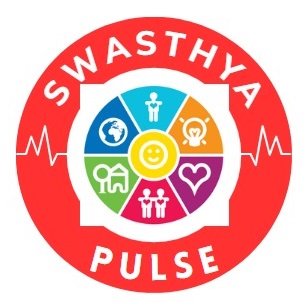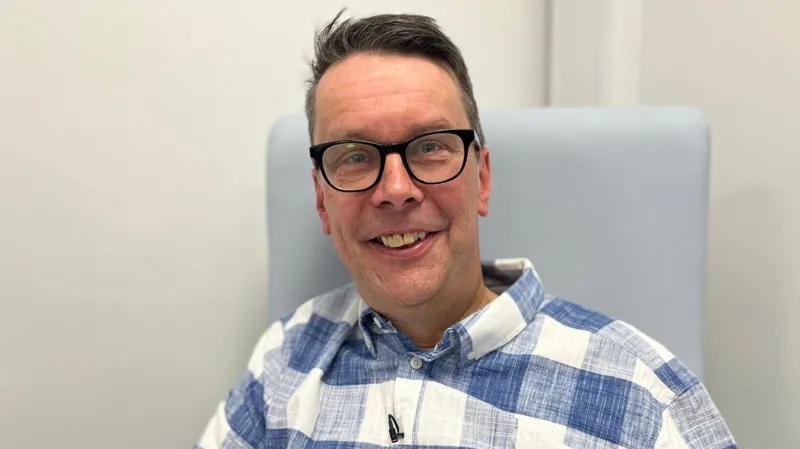A revolutionary “Trojan horse” therapy is now available on the NHS in England to treat the blood cancer myeloma, marking a global first. The treatment, belantamab mafodotin, delivers powerful chemotherapy directly into cancer cells, extending remission periods nearly three times longer than current therapies and with fewer side effects.
The therapy works by attaching a toxic chemotherapy drug to an antibody designed to target plasma cells — the part of the immune system affected by myeloma. Once the drug-antibody complex binds to the cancer cell, it’s absorbed and releases its cancer-killing payload from within — mimicking the famous Greek myth of the Trojan horse.
Paul Silvester, a 60-year-old patient from Sheffield, described the treatment as “life-changing.” Diagnosed two years ago after cancer led to spinal fractures, he relapsed after a bone marrow transplant but began this new therapy under an early access program. Within weeks, he was in remission. “It gave me the chance to enjoy life again,” he said, now planning to visit Hadrian’s Wall and attend his daughter’s graduation.
A Major Breakthrough in Myeloma Treatment
Although myeloma remains incurable, clinical trials show that belantamab mafodotin can halt its progression for up to three years — compared to just 13 months with existing treatments. Professor Peter Johnson, NHS England’s national clinical director for cancer, called the development “life-changing,” emphasizing how crucial it is to extend symptom-free periods for patients.
These types of therapies — known as antibody-drug conjugates — are part of a new wave of “smart drugs” that deliver toxic agents directly to cancer cells. The drug was developed by GSK in the UK, with research centers in Stevenage and clinical trials in London.
Professor Martin Kaiser from the Institute of Cancer Research highlighted the minimal side effects, calling this “an important step toward a functional cure.” He predicted that long-term remission rates could exceed 50% within five years.
Looking Ahead: Broader Impact in Cancer Care
Antibody-drug conjugates are already being developed for other cancers, including breast, stomach, and bowel cancers. The main challenge remains designing antibodies that can selectively target cancer cells without affecting healthy tissue.
Shelagh McKinlay from the charity Myeloma UK said the therapy’s approval would “transform the lives of thousands,” while Health Minister Karin Smyth added, “This ground-breaking therapy puts the NHS at the forefront of cancer innovation.”


